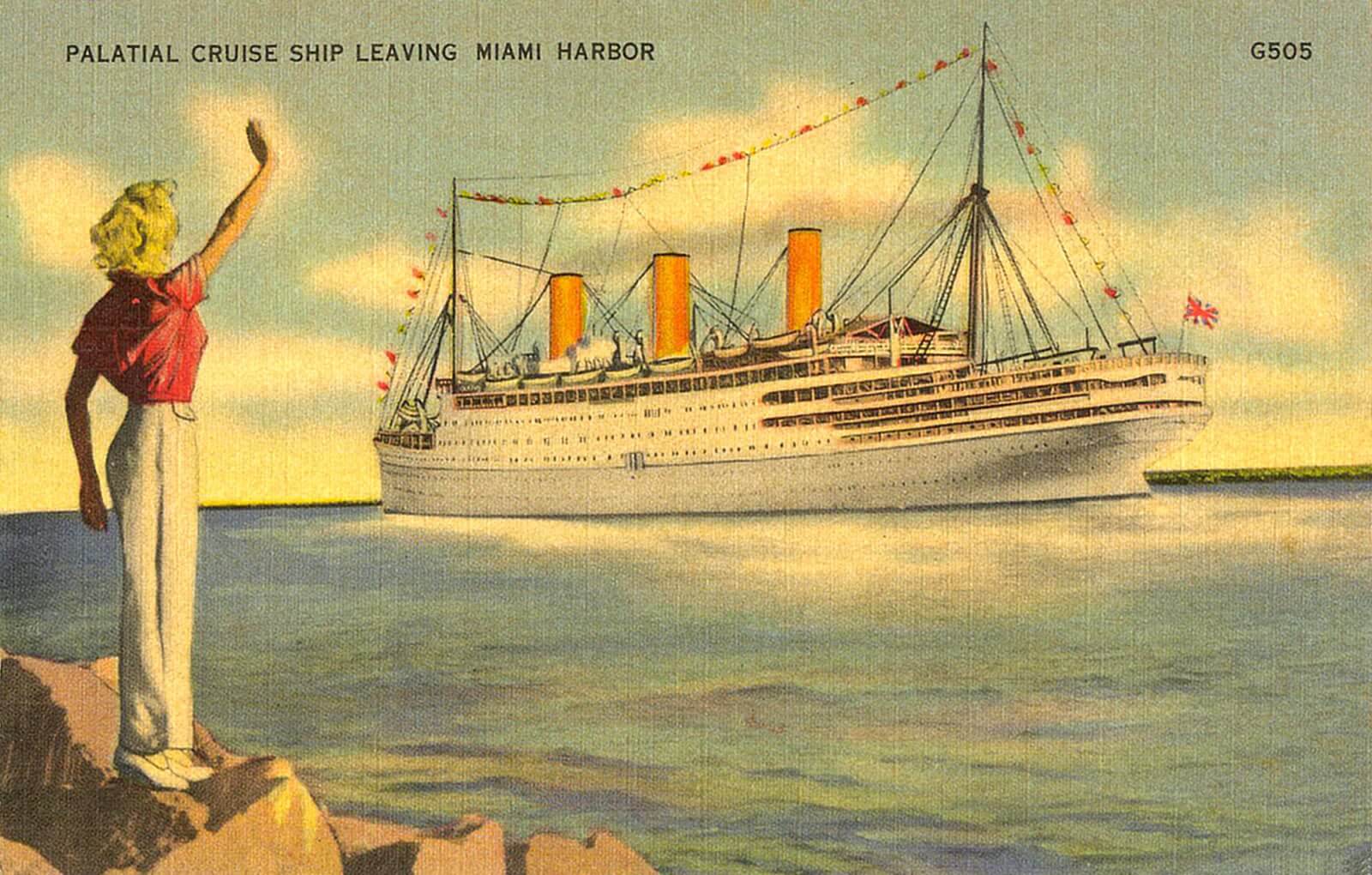COPENHAGEN — Whenever I stray from the East Coast of the United States, I’m reminded of the debt we owe to the Gulf Stream. Malibu, Calif. may be thick with Hollywood stars, but the water is damned cold. Always. I can tell you I’ve tried swimming there often and it is, by the standards of New England’s summers, cold. Really, for all the beauty of the West Coast, you have to travel as far south as San Diego to enjoy a dip, which might remind you of the waters of Cape Cod in July.
Lest you didn’t know, that’s why the number of pleasure boats in Seattle is said to be the highest on a per capita basis in the nation. When it’s too cold to get in the water, get on it.
The Gulf Stream divides as it goes north and sends one branch to Africa and one to Europe, known as the Atlantic Drift. There’s some argument about how much the Atlantic Drift affects the climate of Europe. My empirical, unscientific observation is that it’s a big player and Europe and America would both be devastated with climate change if the Gulf Stream were to cease to flow or change course – a possibility with global warming.
It’s because of this great benevolent current, that there are palm trees on coast of Cornwall and Devon in the west of England and there are even palm trees in Ireland and Scotland. In those locations, they are small stunted things, in no way like their robust relatives in Florida. But they’re palm trees. And I’ve inspected some.
About Cruising, the New International Norm
I looked down my proboscis for years when anyone mentioned cruising. I also had harsh things to say about it.
Well, for a decade and a half, I’ve been dining on my words. I took a cruise with my wife, Linda Gasparello, that changed everything back in the early 1990s. We cruised mostly in the Black and Aegean seas — and it was actually the best cruise we’ve ever taken.
It started our cruise contagion; we’ve cruised far and wide ever since. We’ve even journeyed briefly and enjoyably from Boston to Nova Scotia, but nothing equaled that first cruise. The ship wasn’t too big and the crew — mostly Greeks on the catering side of things — were marvelous.
The thing about cruising is the shore stops and tours. That first cruise took us from Athens to Yalta, Odessa, Constantia, Istanbul, Kusadasi, Mykonos, Patras and set us down in Venice. We learned – and this is the thing about cruising — that it’s wonderful because the hotel goes with you and the shore trips are usually well worth taking. That’s the kernel of what it’s about for us; not the food (too much, but good enough), nor the shows (Las Vegas lite), but the floating accommodation and shore excursions.
In 2015, just before Christmas, we cruised around Cape Horn. Amazing. It astounds me that rounding the Horn, where so many mariners perished, can be accomplished in a luxury liner. The shore trips in Argentine and Chilean Patagonia are worth running the credit cards up to the limit to do.
Linda and I have just been at it again. Capriciously, we decided it was time to cruise the Baltic and see the jewel in its crown, St. Petersburg.
For me, it was a third visit and was Linda’s first. I knew it wouldn’t disappoint and it didn’t. If it isn’t on your bucket list, write it down right now. Then go.
If you get there by water, so much the better because the cruise companies deal with the hassles — and traveling in Russia can be a big hassle, from getting a visa to finding a hotel that doesn’t look like it’s an incubator for social diseases.
So many nationalities now cruise that it’s a new universal cultural norm, like pizza and Coca-Cola.
What’s Wrong with England and Australia for Novel Adaptations?
Paula Hawkins’s “The Girl on the Train” was a great read; an original story with an original kind of heroine: she has a drinking problem. Also, it’s set in England and depends on English train commuting habits, not American. But when it was turned into a movie, it was mysteriously set in New York and the English actress, Emily Blunt, was the heroine.
Now there’s a seven-part miniseries made by HBO and starring Sharon Stone and Reece Witherspoon of the splendid Liane Moriarty novel “Big Little Lies.” I haven’t seen it yet, but the thing is Moriarty is Australian and her novels, excellent writer that she is, are set in suburban Australia. One of the considerable joys of reading Moriarty is that you forget that the novels are Australian: The struggles of school playgrounds and other aspects of middle class suburbia are apparently universal.
The makers of the “Big Little Lies” the miniseries, which has gotten rave reviews, chose to relocate it to Monterey, Calif. Why? Maybe they thought a dash of Oz would be too hard for us to understand.
Oddly, Monterey is not typical of America’s suburbs either. Maybe, also, the series producers forgot star Nicole Kidman is an Australian. Confusing.
